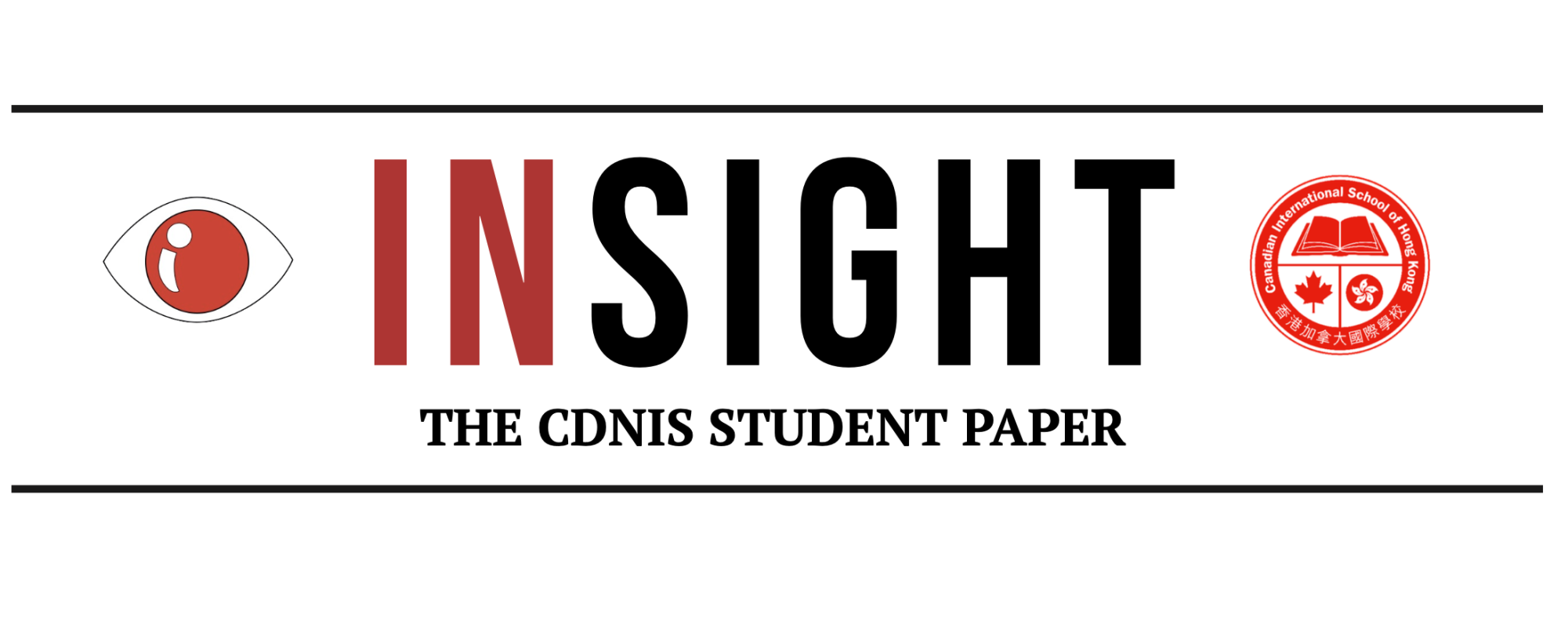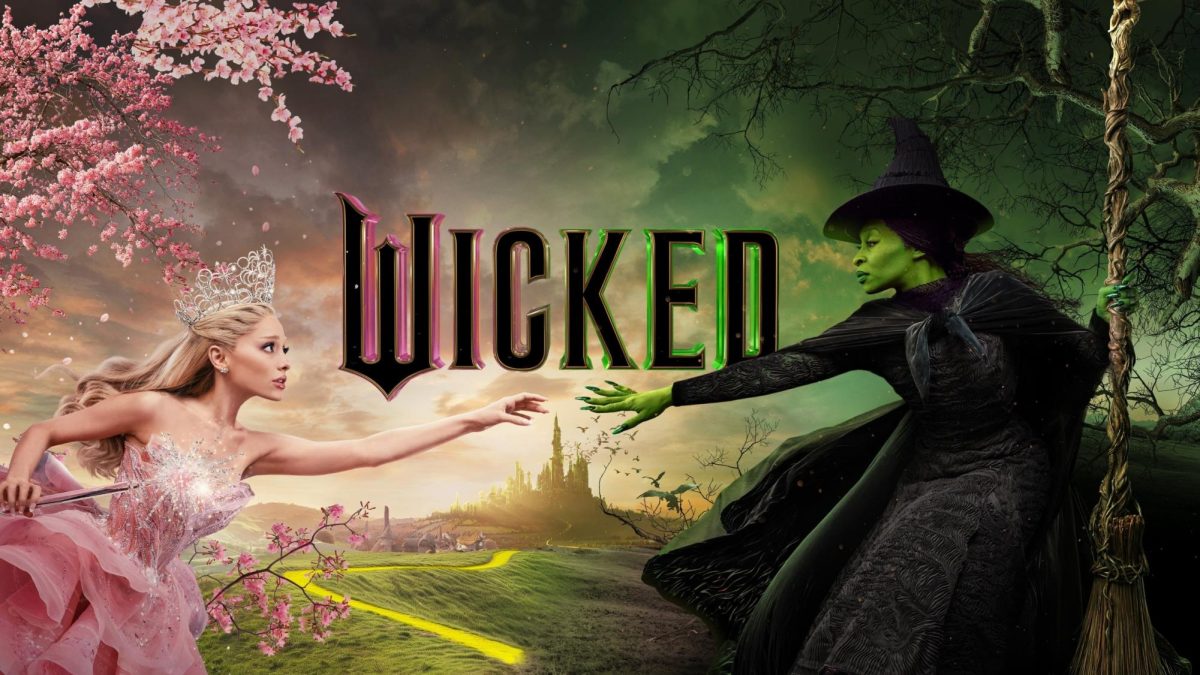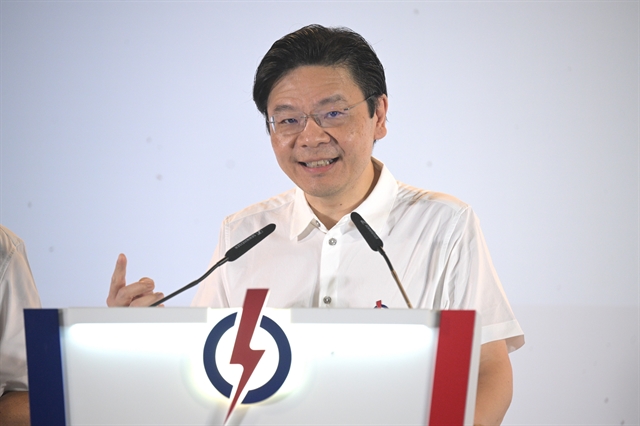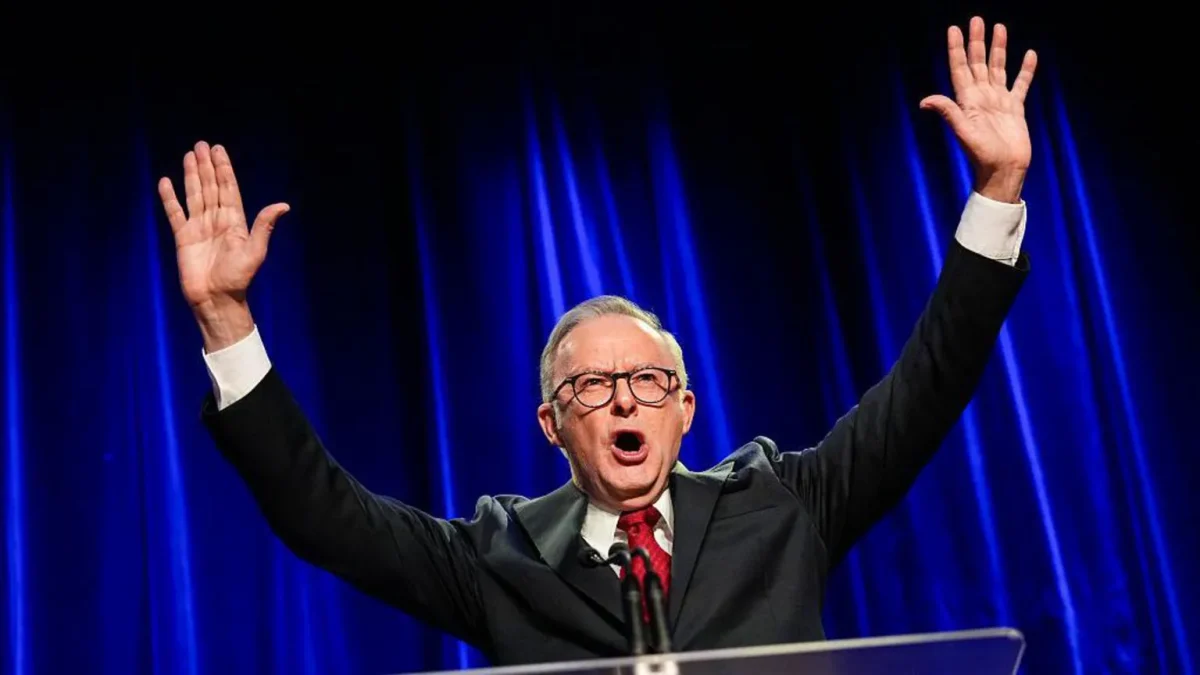Meta CEO Mark Zuckerberg recently revealed the pressure faced by Meta from the Biden administration in a letter addressed to the US House Judiciary Committee.
The letter came after an investigation into content moderation by a majority-Republican Committee, the latest part in a multi-year debate in Washington about social media’s role in suppressing pro-conservative content. It was revealed in the letter that senior officials from the Biden administration repeatedly pushed Meta to censor COVID-19-related con- tent, especially content that satirized the pandemic. Zuckerberg recounted that Meta was met with “a lot of frustration” when it resisted the administration’s efforts.
“I believe the government pressure was wrong, and I regret that we were not more outs- poken about it,” Zuckerberg wrote. “I feel strongly that we should not compromise our content standards due to pressure from any Administration in either direction — and we’re ready to push back if something like this happens again.”
It must be noted that this is not the first time Meta has been pressured to censor content – prior to the 2020 US presidential election, coverage related to the New York Post’s cove- rage of Hunter Biden, the son of President Biden, had also been restricted on the grounds of it being part of a Russian disinformation campaign.
Zuckerberg admitted in his letter that these fears were unfounded and that he regrets demoting the story.
The White House defended the administration’s actions, saying that they were only ‘encou- rag[ing] responsible actions to protect public health and safety’ and that ‘tech companies… should take into account the effect their actions have on the American people.’
Zuckerberg also announced that Meta would no longer be part of the presidential election cycle, as though the company was intended to be non-partisan, some interpreted the efforts as a sign of their support for one side.
“My goal is to be neutral and not play a role one way or another — or to even appear to be playing a role,” he said. “So I don’t plan on making a similar contribution this cycle.”
Though this letter is only a small part of a larger debate, it highlights the many external forces that influence the content on social media feeds internationally. In an age where most people rely on the media to understand and navigate the world around them, the effect of it is not to be underestimated. Like all things, it has the potential to bring about immense changes, both positive and negative. Which one it is depends on how it is used and interpreted.
Is social media untrustworthy, then? The answer depends on your awareness that both truths and falsehoods exist in it. The ability to discern the two is crucial, especially in an age where we are exposed to such information daily. Zuckerberg’s revelations are a lesson, teaching us the importance of staying vigilant online.
































